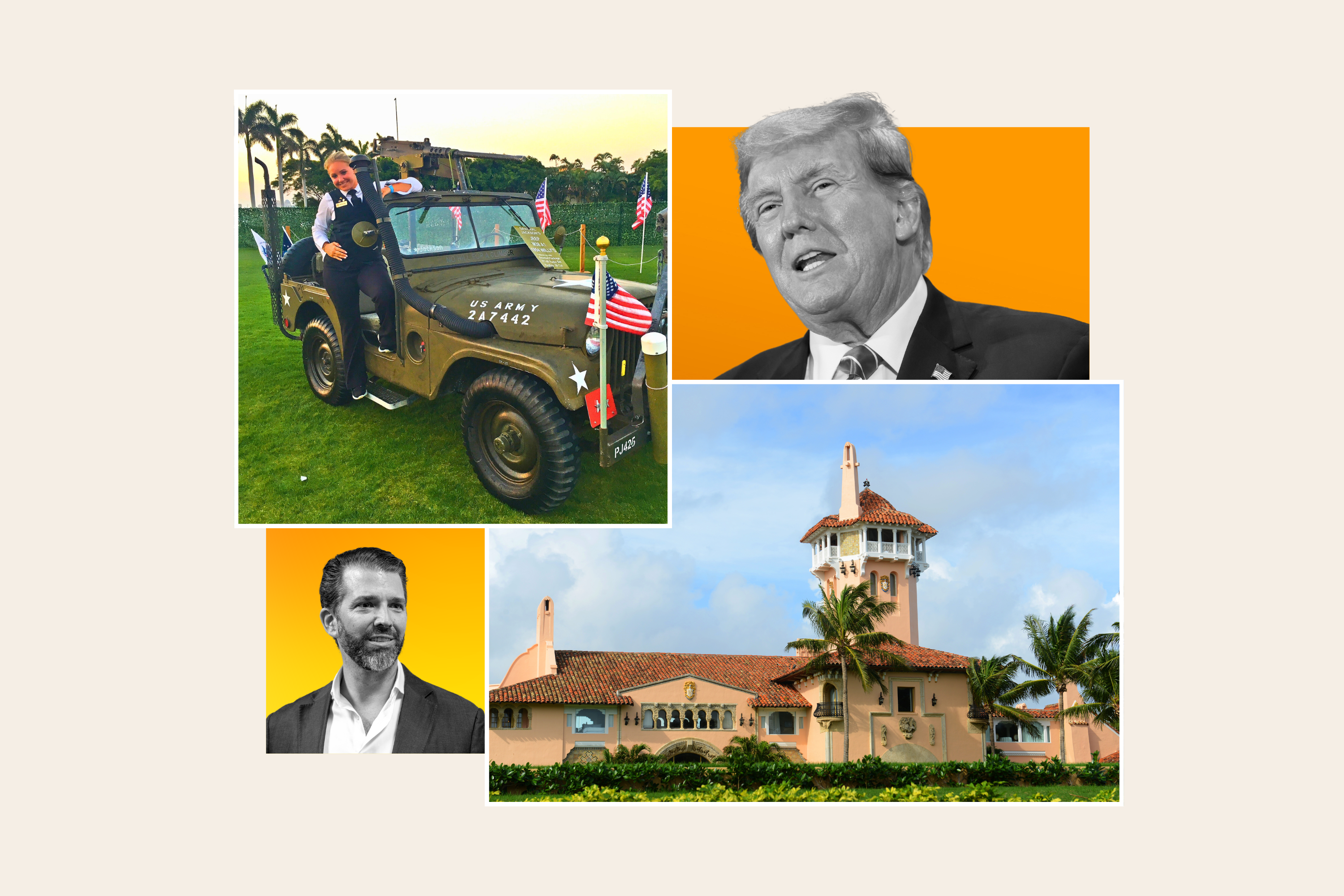
Senator Rand Paul's now official presidential campaign is bringing new attention to libertarian ideas. At least to some libertarians, the first question is whether Rand Paul is in fact a libertarian.
I know a lot of libertarians declaring that although they supported Representative Ron Paul's 2008 and 2012 presidential campaigns, they can't back his son in his more plausible 2016 campaign.
They say Rand isn't really a libertarian. Sometimes they point out that he has never described himself as a libertarian. He told a Harvard audience that he's "libertarian-ish" and wants "a libertarian influence in the Republican Party." He told Sean Hannity on Fox that he's happy to be called "either libertarian conservative or constitutional conservative."
The question of whether Rand Paul is a libertarian is irrelevant. As someone who has been deeply involved in the libertarian movement for decades, I know libertarians disagree on the question. We have good reason, given his father and his background, to believe that deep down he is a libertarian who modifies his public positions to remain politically viable in the Republican Party.
Alternatively, he could be entirely sincere in his public positions, both the libertarian ones and the not so libertarian ones. The reason this is irrelevant is because he is operating in the Senate and in his campaign on a particular set of issues, and in all likelihood that's how he would govern if elected president.
What matters for his campaign is whether he can find a winning coalition for that combination of issues. Is there support for a candidate who is more libertarian than his opponents?
Paul was elected to the Senate in 2010 on the momentum of his father's very libertarian campaign. Unlike his father, he's not running for president to educate and mobilize. He is running to win.
He has decided to work within the system and nudge the GOP in a libertarian direction on the issues where progress is (politically) possible. He pushes for a real commitment to smaller government and less spending, introducing a constitutional amendment to balance the budget. Along with a growing number of conservatives, he's trying to move our criminal justice system away from mandatory minimums and mass incarceration. He's campaigning against indiscriminate surveillance and the growing use of drone strikes.
But on several issues this balancing act risks alienating his libertarian base. His recent comments on gay marriage—"personally offended" and "moral crisis"—created a libertarian backlash. Unlike Paul, most libertarians support abortion rights. But voters for whom abortion and gay marriage are deal-breakers aren't likely to be voting in Republican primaries.
Many libertarian activists have vociferously objected to Paul's foreign policy moves. His endorsement of U.S. airstrikes against the Islamic State (ISIS), his signing Senator Tom Cotton's letter aimed at derailing negotiations with Iran and his endorsement of a $190 billion increase in Pentagon spending (with cuts in other spending to pay for it) reinforced his libertarian opposition.
But conservative writer Michael Brendan Dougherty says libertarians should understand that Paul is "inching" the GOP in his direction: "Paul often offers rhetorical hostility instead of sanctions, sanctions instead of conflict and limited constitutionally authorized conflict instead of open-ended war." Sort of a Fabian approach to non-interventionism.
No candidate seeking to put together a nationwide majority is a perfect ideologue. President Obama was certainly considered a liberal, with a 100 percent liberal voting record from Americans for Democratic Action in his first year in the Senate. Yet he opposed gay marriage throughout his first term, mocked the idea of legalizing marijuana and escalated President George W. Bush's claims of executive power.
President Ronald Reagan was a conservative hero, yet he raised taxes, failed to eliminate any Cabinet department (indeed he added one) and negotiated a major arms-control treaty with the Soviet Union.
Paul doesn't claim to be a libertarian, and he takes positions that many libertarians disagree with. But on a broad range of issues, from spending and regulation to government spying, drug wars and military intervention, he has a more libertarian policy agenda than any major candidate in memory.
That will garner him the lion's share of his father's supporters, who among other things donated $40 million in small contributions to the 2012 campaign. And if he can present himself as a plausible president, he has the potential to rally a much larger group of libertarian-leaning voters who have never been appealed to so directly before, voters who are skeptical about tax-and-spend government, mass surveillance and unnecessary wars.
David Boaz is the executive vice president of the Cato Institute and the author of The Libertarian Mind: A Manifesto for Freedom and the editor of The Libertarian Reader.
Uncommon Knowledge
Newsweek is committed to challenging conventional wisdom and finding connections in the search for common ground.
Newsweek is committed to challenging conventional wisdom and finding connections in the search for common ground.
About the writer
To read how Newsweek uses AI as a newsroom tool, Click here.





